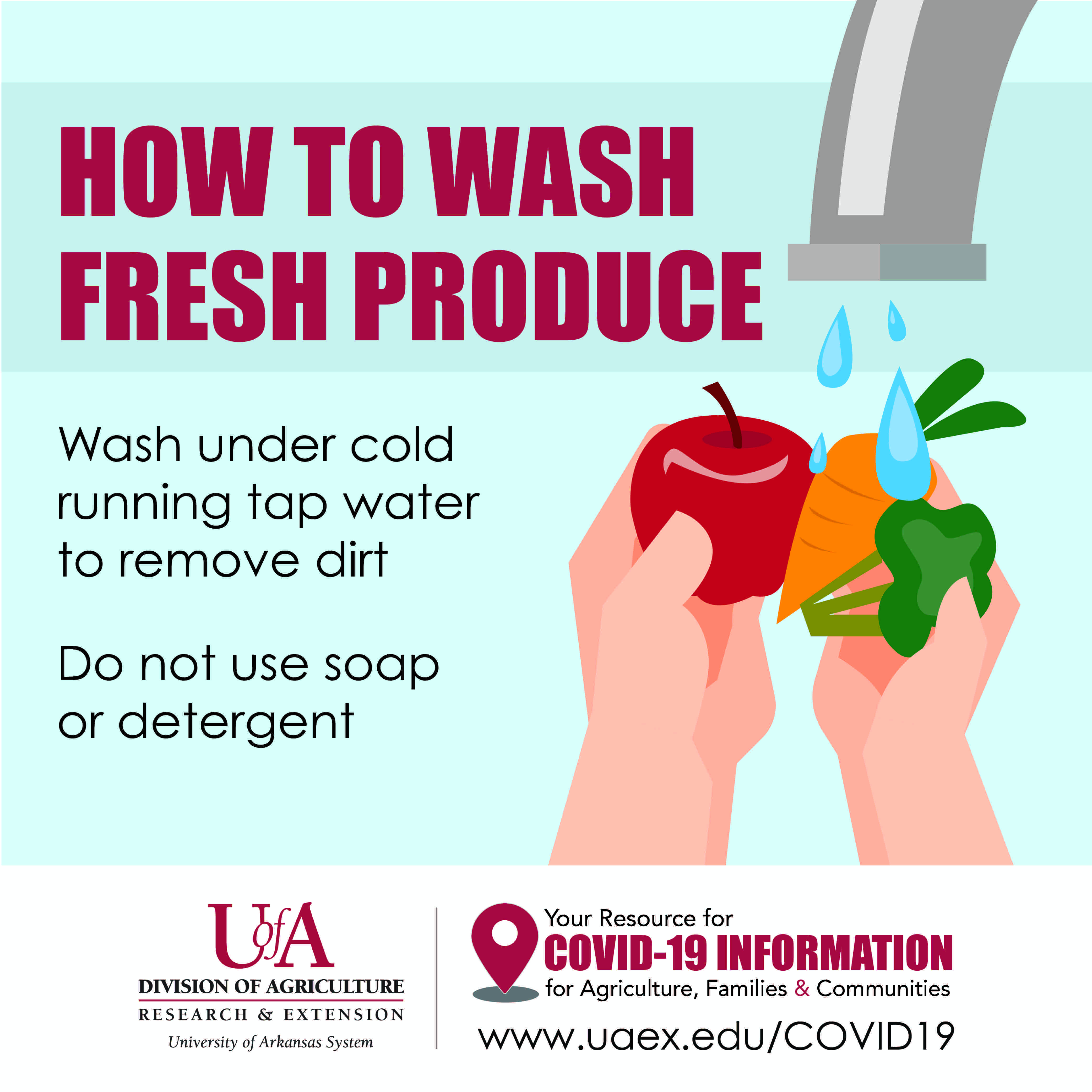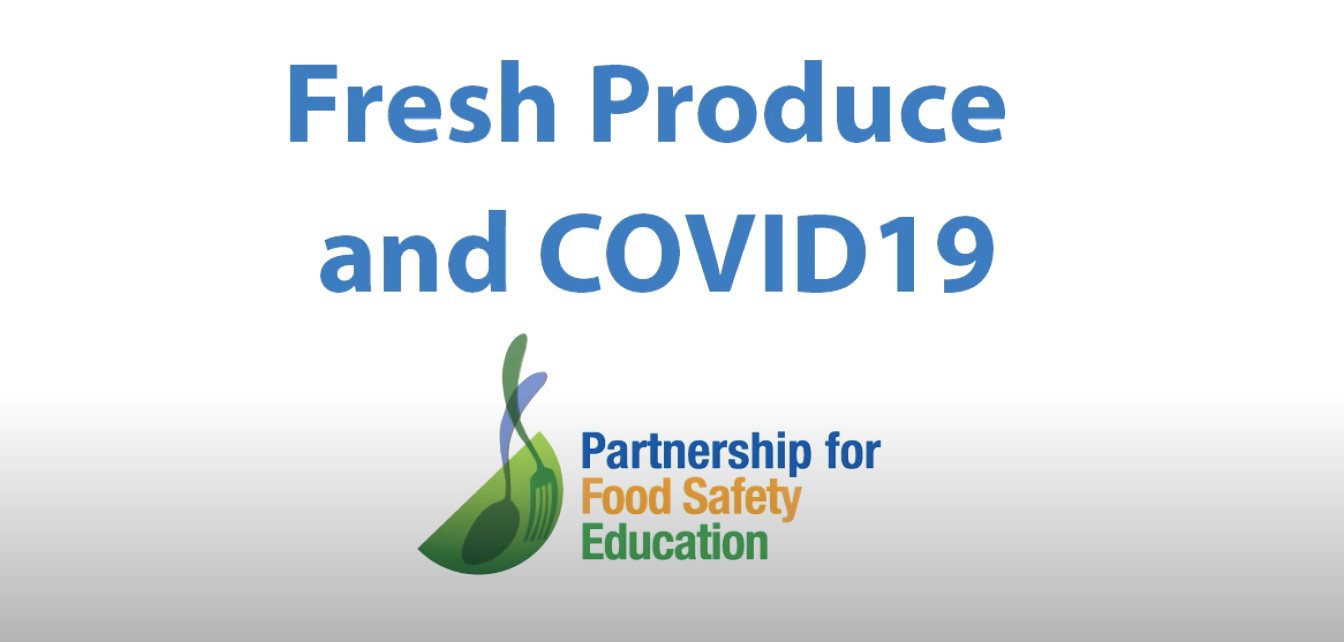Food Safety and COVID-19

Be prepared for an emergency
Whether as broad-based a severe weather or a pandemic, or as local as a neighborhood power outage, riding out an emergency requires planning. We have resources to help you get ready; and know what you can salvage after disaster strikes.
Food Safety - Restaurant Pickup
Can I get COVID-19 from restaurant take away food?
COVID-19 and shopping for food
Got questions about safe grocery shopping during the pandemic? Even though some stores are temporarily out of products currently there are no nationwide food shortages.
Download the FDA's food shopping tip sheet
Handle food safely
How food is handled during storage or while preparing a meal could mean the difference between an enjoyable experience or a trip to the emergency room. Learn how best to manage food to fight food-borne illnesses.
The U.S. Department of Agriculture also warns against using detergents or soaps when with eggs and produce:
PRODUCE — Before eating or preparing fresh fruits and vegetables, wash the produce under cold running tap water to remove any lingering dirt. This reduces bacteria that may be present. If there is a firm surface, such as on apples or potatoes, the surface can be scrubbed with a brush. Consumers should not wash fruits and vegetables with detergent or soap. These products are not approved or labeled by the U.S. Food and Drug Administration for use on foods. You could ingest residues from soap or detergent absorbed on the produce. When preparing fruits and vegetables, cut away any damaged or bruised areas because bacteria that cause illness can thrive in those places. Immediately refrigerate any fresh-cut items such as salad or fruit for best quality and food safety.
EGGS — Do not wash eggs before storing them. Washing is a routine part of commercial egg processing and the eggs do not need to be washed again. Federal regulations outline procedures and cleansers that may be used. “Bloom,” the natural coating on just-laid eggs that helps prevent bacteria from permeating the shell, is removed by the washing process and is replaced by a light coating of edible mineral oil which restores protection. Extra handling of the eggs, such as washing, could increase the risk of cross-contamination, especially if the shell becomes cracked.
